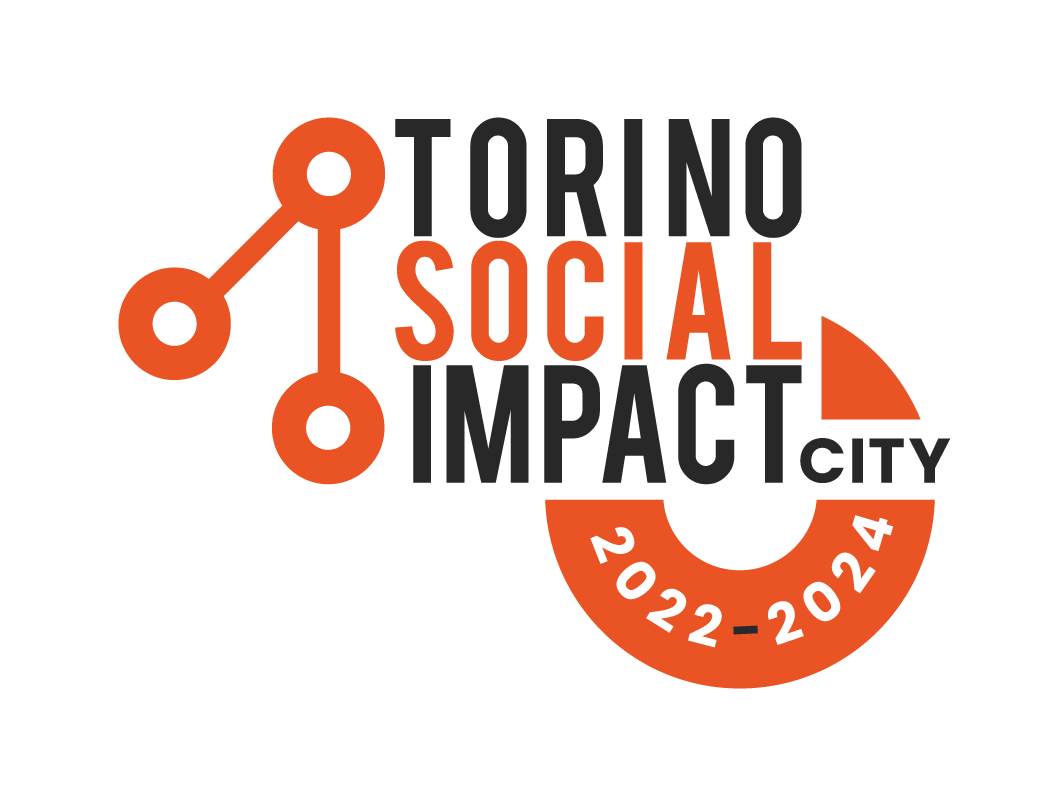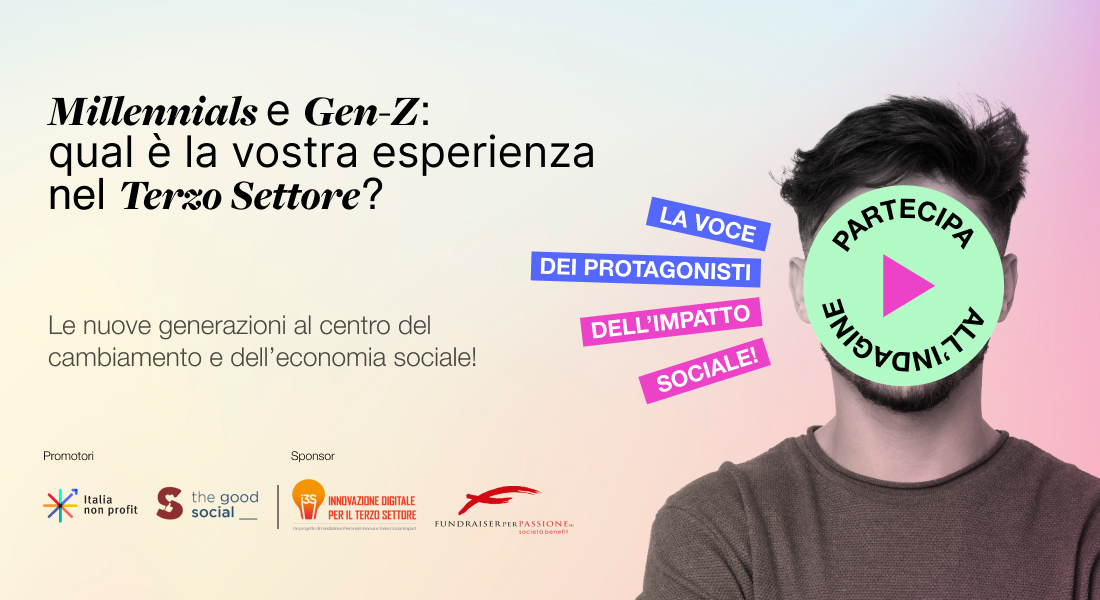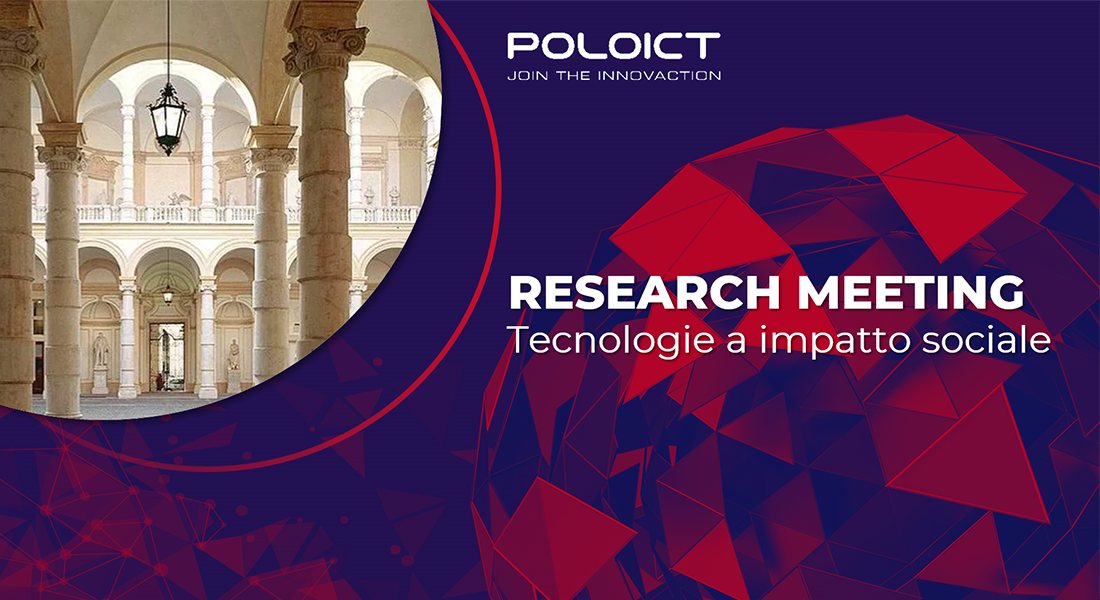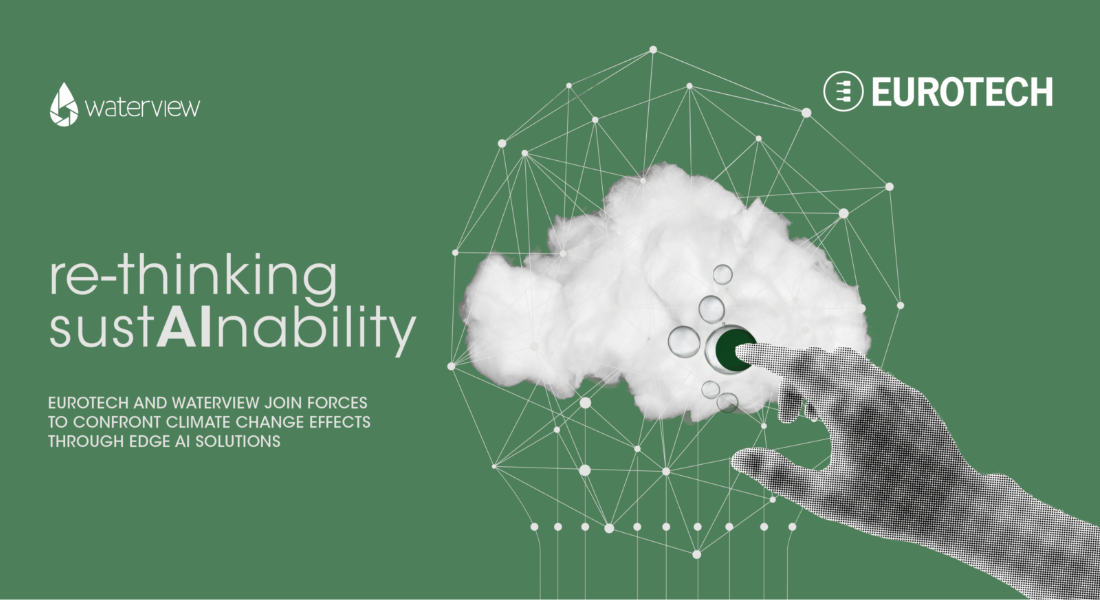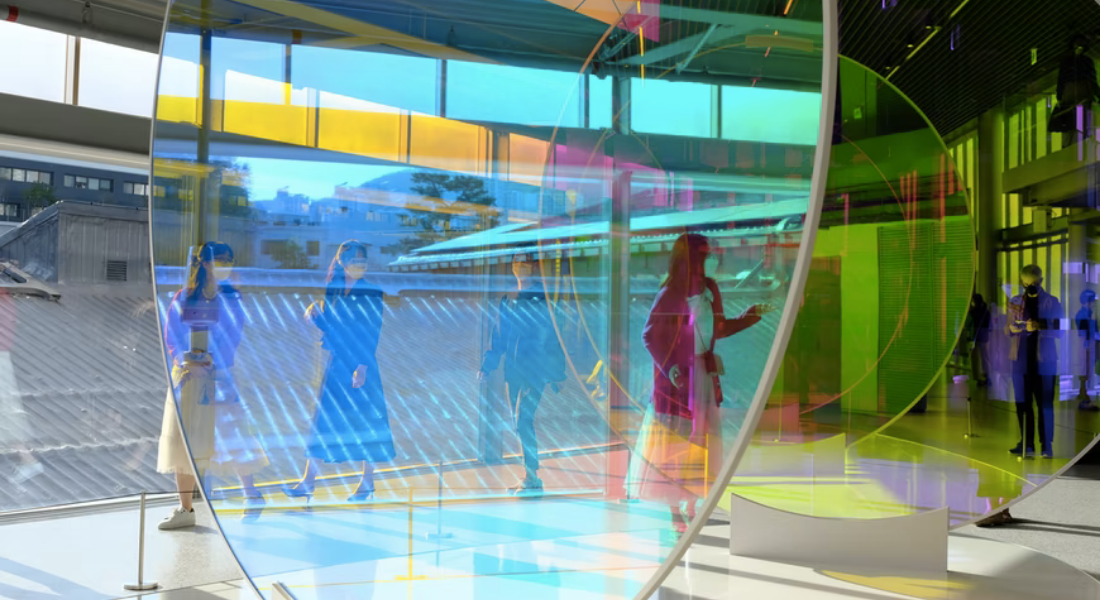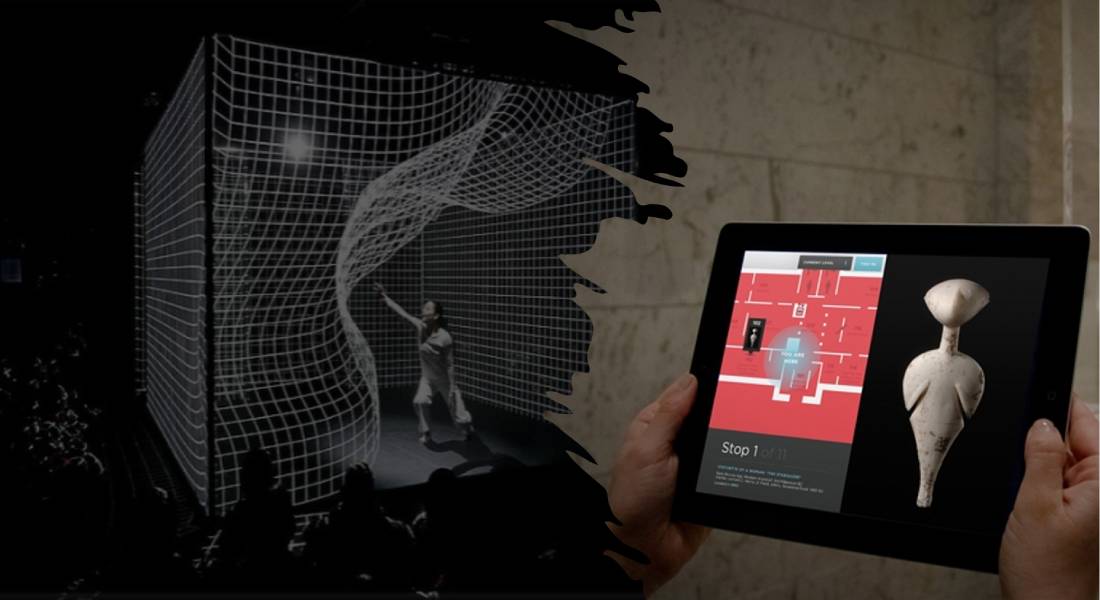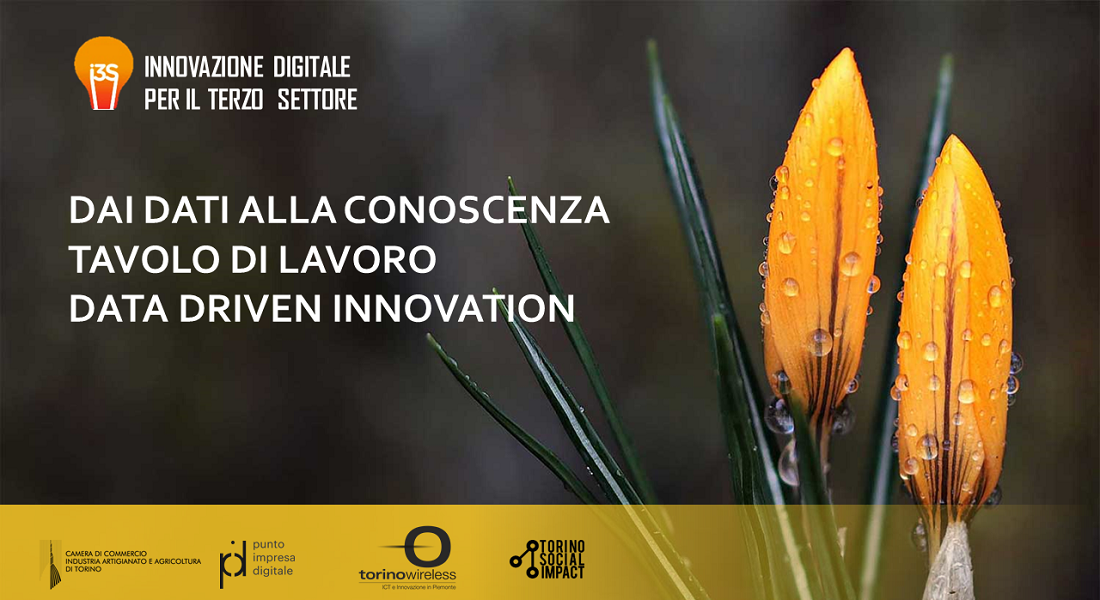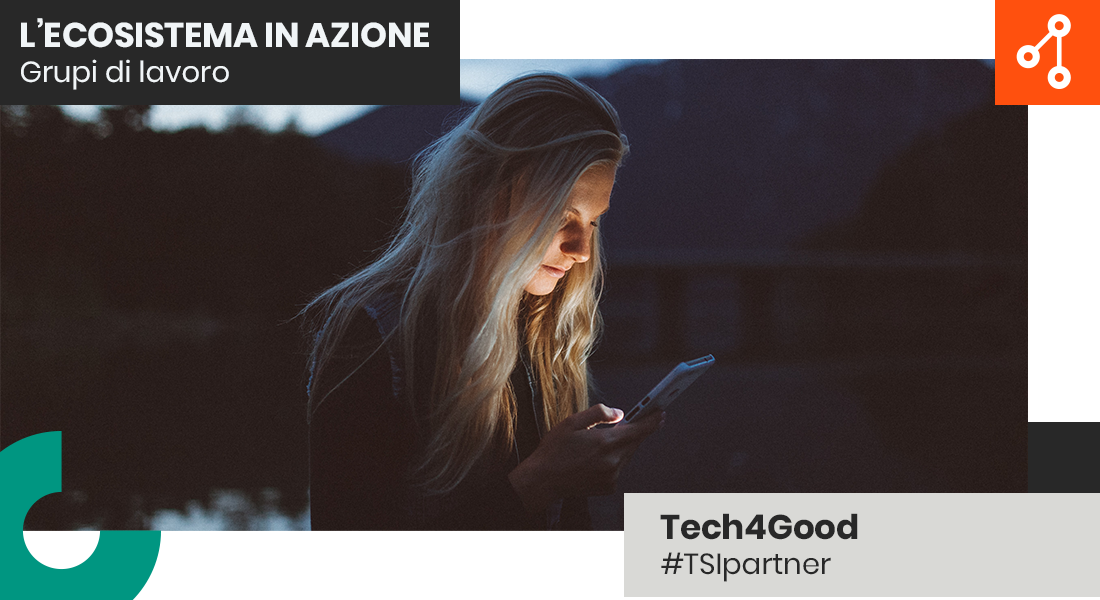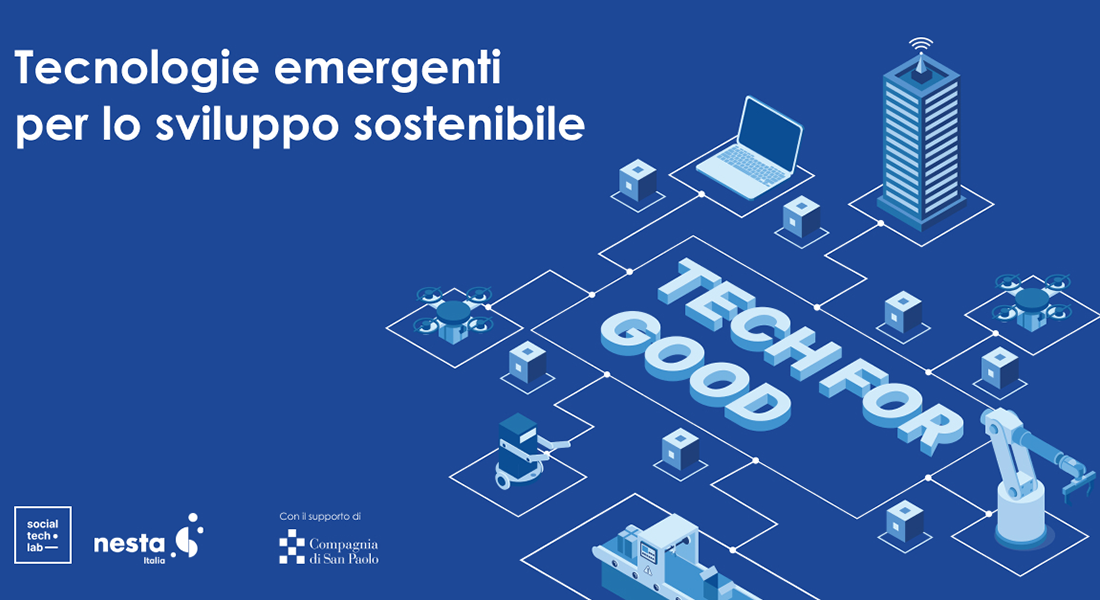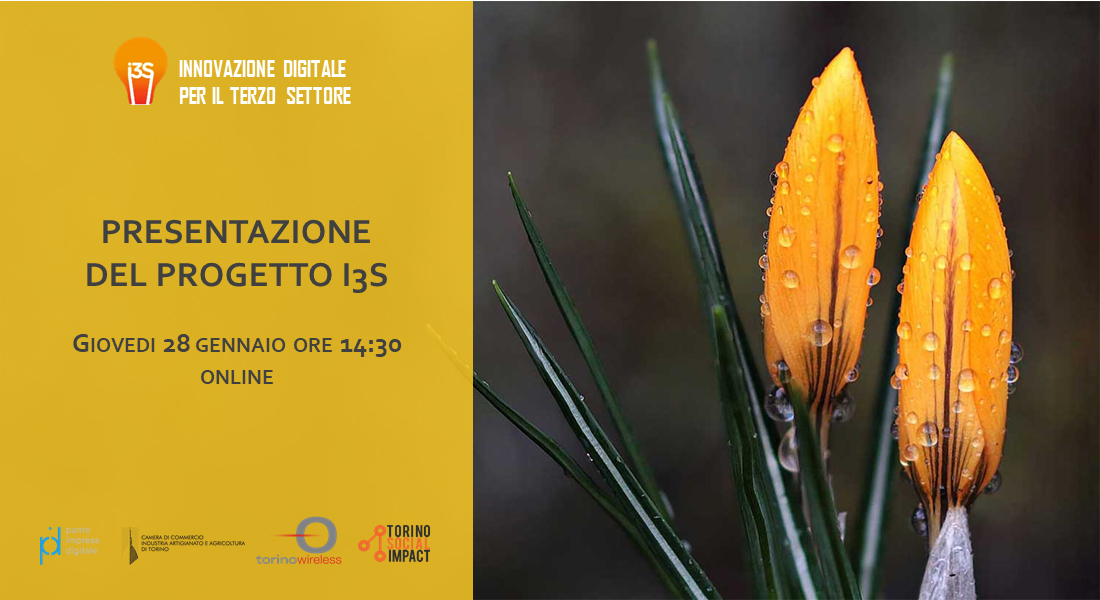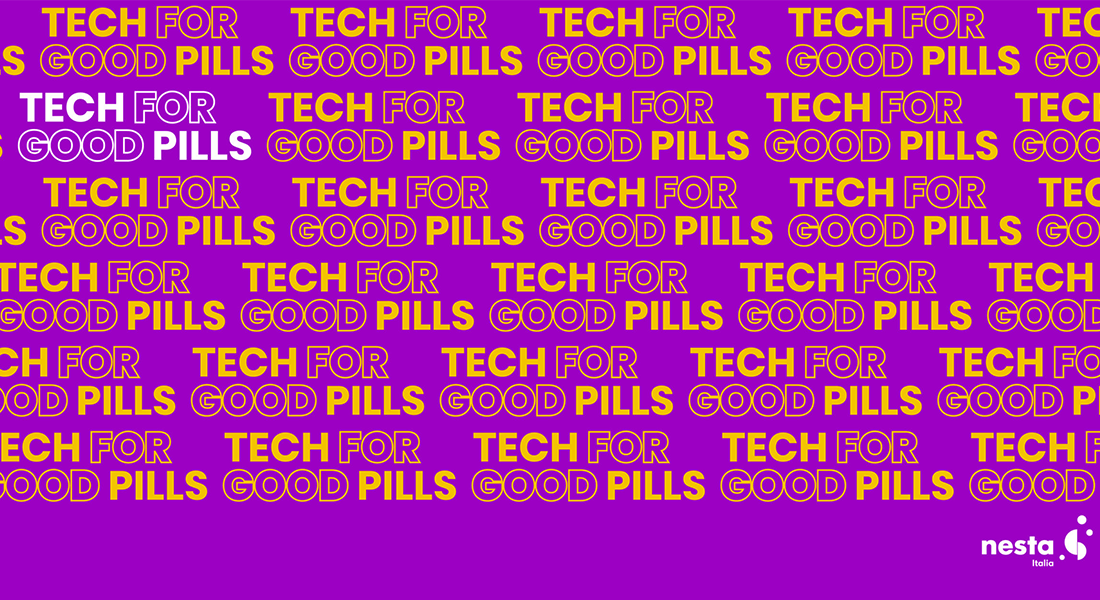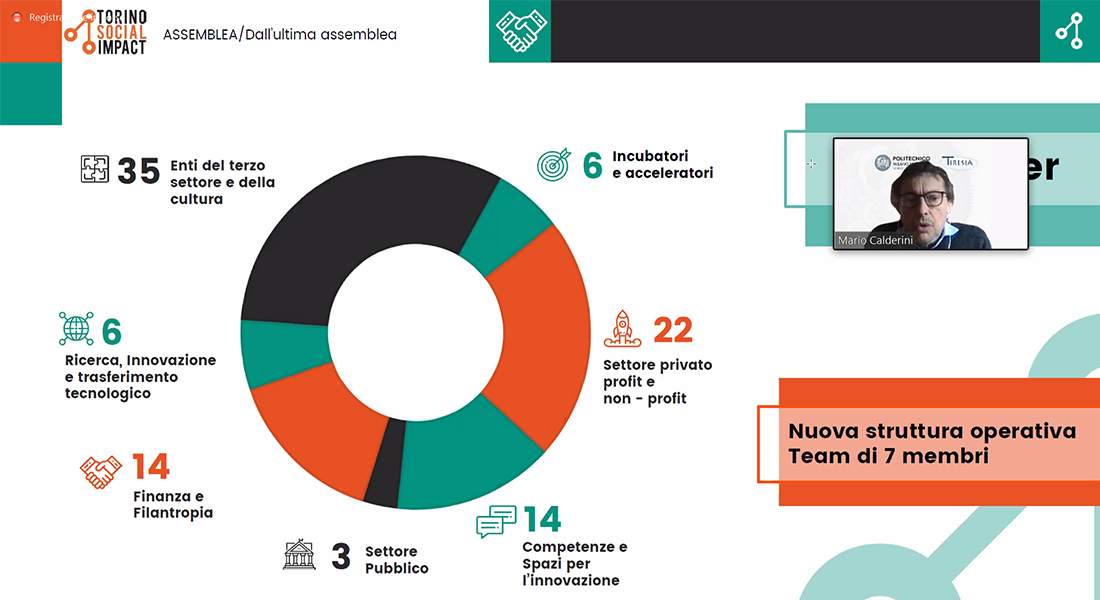Business Networking & B2B
The loosening of the restrictions imposed by the lockdown is gradually restarting the fruition of artistic heritage, after a year of dramatic contraction. However, the pandemic crisis has contributed to spreading great interest in the opportunities offered by digital technology. There are, in fact, numerous cases of experimentation and adoption of technological solutions, with the intention of supporting the revolution taking place in the methods of use and creation of cultural content, as in the case of museums and live shows.
How can technological development be used to serve cultural heritage and art?
What solutions have already emerged in the crisis?
How can the change underway be made structural?
The Torino Wireless Foundation is organizing a meeting with the companies belonging to the ICT Innovation Pole of the Piedmont Region, to present available solutions and consolidated skills able to support museums, show business operators and in general the cultural realities in this delicate phase of transition to digital.
REGISTER NOW
The Corporate Meeting is
LIVE EVENT remotely connected on ZOOM platform, in which the companies belonging to the ICT Cluster present their solutions with quick 5-minute speeches on the model of speed pitching.
B2B MEETINGS organized in the days following the meeting, which take place in remote connection. Each participant in the live event can request personalized appointments to each speaker.
AGENDA
15:00 – Login time – Participants access on ZOOM
15:05 – Welcome greetings
Laura Morgagni, Torino Wireless Foundation
Matteo Negrin, Piemonte dal Vivo Foundation
15:15 – How to make the change structural? The opportunities of digital
Speakers:
- Sara Abram, La Venaria Reale Cultural Heritage Conservation and Restoration Center Foundation
- Massimiliano Atelli, Visconti Sforza Castle Foundation of Novara
- Domenico De Gaetano, National Cinema Museum
- Mariella Mengozzi, National Automobile Museum of Turin “Avv. Giovanni Agnelli”.
15:40 – SPEED PITCHING
The companies belonging to the ICT Cluster present innovative solutions in 5 minutes.
Plunge – immersive digital experience
Flavio Trione, 3×1010
Plunge allows you to create a virtual world equipped with various touchpoints that are totally customizable (widgets, videos, images, texts, external links, etc.) that can be easily updated and nationalized through a content management system. The areas of application are many, from the world of events to digital art (NFT), from museums to distance learning and more…
Changing realities: new ways of fruition between real and virtual
Davide Pantile, ETT (SCAI)
The tools developed by ETT for the virtual visit (VR, Virtual Tours) of museums and attractions received a strong boost during the emergency period of the pandemic. Now that they represent an important asset for the promotion and enhancement of heritage, as a vehicle to attract visitors who have had a preview of what they will find.
A new model of gamification for culture: ICX – Interactive Culture Experience
Pietro Tosco, Heritage
Gamification represents a new frontier of digital communication. The speech will address the issue through the presentation of Interactive Culture Experience, a platform developed by Heritage for user-oriented gamification of cultural content.
AI and Iot Solutions for Cultural Heritage Digital Twins
Ilario gerlero, Concept Reply
The “digital twins”, enabled by real-time monitoring of environmental parameters and predictive modeling software, facilitate an integrated management strategy and the choice of optimal preventive actions for artistic heritage and historical-cultural sites. Reply’s multidisciplinary team applies this methodology in the case of the Palazzina di Caccia di Stupinigi, subject to a delicate balance between conservation and enhancement for the building and its furnishings and visitor access.
Qroom immersive holographic service desk
Ivano Canteri, Quintetto
The world’s first immersive holographic service desk, enabling real-time remote presence for businesses and services while maintaining the near-physical presence of human interaction and assistance. A patent that integrates AI for multimodal interaction interfaces and services, eliminating the need for expensive local offices and travel.
Archem: Augmented Reality for Cultural Heritage in Southern Etruria
Serena Ambrosini, Consoft Sistemi
The project focuses on the experience of fruition from the point of view of the visitor for a model that helps the realities and places of exhibition to improve their proposal, with the consequence of becoming more and more “smart museum”. It intends to intervene on the cultural heritage of Southern Etruria thanks to the support of the Municipalities of Civitavecchia, Tolfa and Unindustria: and in particular to enhance the lesser known heritage, i.e. outside the flows towards the two sites of Cerveteri and Tarquinia with the aim of presenting it and making it accessible to the community through KET (enhancement, fruition and management) and connecting it to the tourist flows of the major sites.
Artificial intelligence in the museum context
Andrea Basso, Synesthesia Innovation
In recent years Synesthesia has extended its area of activity to technological innovation: in this talk we will present the recent projects of Synesthesia Innovation in the field of artificial intelligence applications in the context of culture and in particular in the Piedmontese museum context.
Wikimuseo – a wiki approach to transform museum visitors into contributors
Alessandro Montanari, LiberActa
WikiMuseo is a prototype developed to implement an experimental program started with the national museum system on the occasion of the recent Arthatlon held in the early months of this year and aimed at making the national cultural heritage more usable and transforming visitors into active participants and contributors through a wiki approach and gamification of the visiting experience.
WimTV for art, culture and entertainment
Riccardo Chiariglione, Cedeo
WimTV is the tool with which museums, cultural institutions such as theaters, clubs and organizations on the territory, organizers of events (concerts, shows, demonstrations) can effectively promote and publicize their audiovisual content. Single videos, live broadcasts, palimpsests, with the possibility to rebroadcast them on social networks, TV platforms, digital terrestrial and satellite.
Wireless monitoring for the protection of artistic and archaeological heritage
Andrea Piede, Capetti Elettronica
The wireless technology used in the monitoring of microclimatic conditions in museums and in the control of the lesions of the archaeological and architectural heritage in order to ensure the protection and preservation of the small artefact but also of the great infrastructure.
17:00 – Conclusions and closure
YOUR B2B APPOINTMENTS
Each participant can request personalized appointments
to each speaker. The meetings will be scheduled in the following days and will take place remotely.
How to participate
The invitation is free and open to all interested companies, members or not.
REGISTER NOW

